News and Information Related to Sustainability in Dairy
A collection of articles relevant to dairies and their environmental impact.
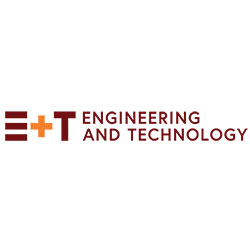
Food waste recycling could slash methane emissions on a massive scale, study shows
A recent study by Penn State University assesses best management practices for diverting food waste from landfills, where roughly one third of that produced for human consumption is destined. The study found that redirecting food waste in the U.S. alone to alternatives such as composting, anaerobic digestion, and refeed to dairy cows could offset methane emissions equivalent to those produced by nearly nine million dairy cows, or approximately 90% of the U.S. dairy cow population.

Sustainable dairy practices build on past successes
Washington dairies and farms across the U.S. build on practices of the past, with modern innovations, to reduce their environmental footprint and ensure a long-term, viable future for generations to come. By meeting a complex balance of tradition and technology, farms are advancing in key areas of herd nutrition, cow comfort, water quality and reuse, waste management, and energy production in the continuously evolving landscape of the dairy industry.
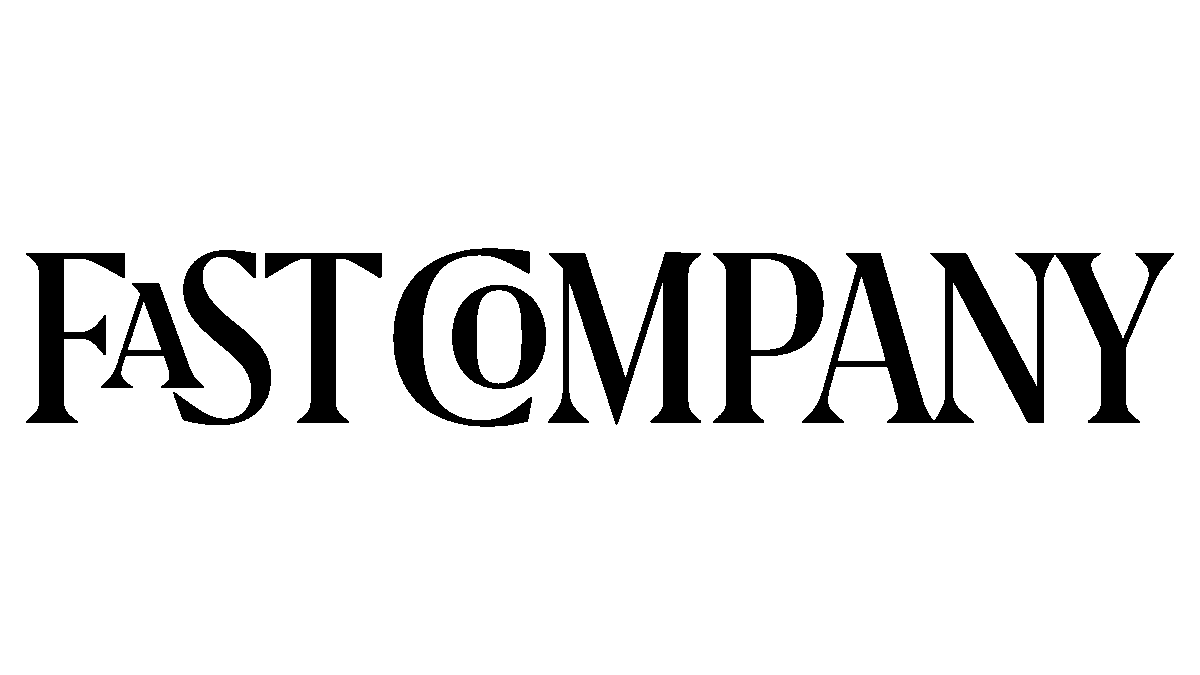
This system turns cow manure into fertilizer before it can decompose into greenhouse gas
The Varcor system from Sedron Technologies processes dairy manure into certified organic liquid nitrogen and phosphorus-rich dry solids. Unlike conventional synthetic nitrogen fertilizers, the Varcor system lowers greenhouse gas emissions associated with fertilizer production. Additionally, the Varcor system offers a more cost-effective solution, reducing farms’ reliance on commercial fertilizers and promoting a closed-loop, sustainable approach to manure management.
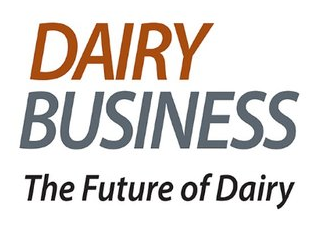
Why Farmers Like Me Have a Seat at the Sustainability Table
At Cinnamon Ridge Farms in Iowa, sustainability is more than just a buzzword, it’s a foundation to telling dairy’s story and shaping the industry’s future for generations to come. The Dairy Sustainability Alliance, created by the Innovation Center for U.S. Dairy, helped Cinnamon Ridge Farms reinforce this perspective. The Alliance brings together the entire dairy supply chain, including farmers, ensuring everyone has a seat at the table in a shared commitment to sustainability and collaboratively addressing challenges across the industry.
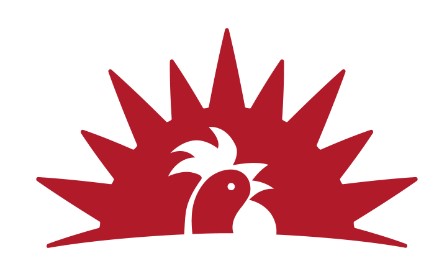
The Manure Expo: Where Manure Means Business
The 2025 North American Manure Expo will take place in Wauseon, Ohio, bringing together farmers, custom operators, academia, and vendors to collaborate and network with manure management professionals from across the continent. This event features application and safety demonstrations, farm tours, a trade show, and informational sessions focused on innovative manure management technologies and practices.
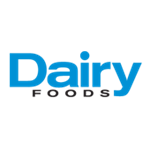
California dairy sector achieves major sustainability milestone
The California dairy industry has announced a significant milestone in its sustainability efforts, achieving an annual reduction of 5 million metric tons of methane emissions. California dairy farmers have demonstrated actionable steps to accomplishing this reduction by implementing on-farm practices to improve manure management and production efficiencies. Key strategies include methane capture and utilization with anaerobic digesters, methane avoidance through alternative manure management practices, and improved milk production efficiencies by enhancing cow care and comfort.

Fourth annual Dairy Symposium showcases Dairy Innovation Hub’s most advanced research
The Dairy Innovation Hub hosted its fourth annual Dairy Symposium at the University of Wisconsin-Madison, bringing together academics and industry professionals to exchange insights on advanced dairy research. Featured as the closing panel at the Symposium was the Dairy Soil & Water Regeneration (DSWR) project – an eight-year study initiated by Dairy Management Inc. in collaboration with the Soil Health Institute and researchers at eight institutions across the U.S.
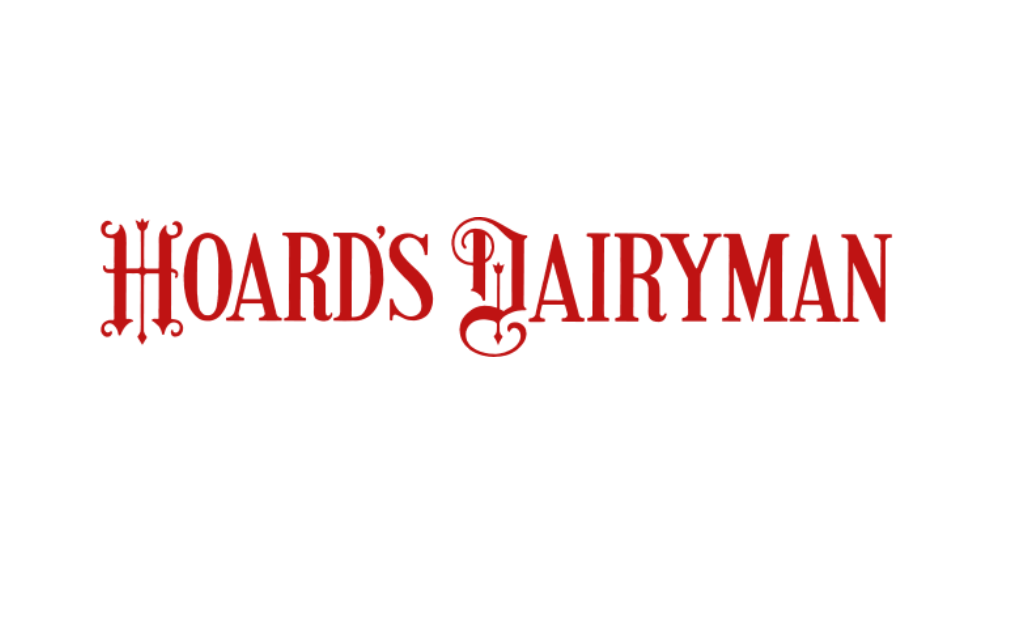
Summit advances dairy sustainability message
The California Dairy Sustainability Summit brought together industry professionals to explore strategies around environmental stewardship within the dairy sector. Focusing on emission reductions and soil health improvements, the conference highlighted dairy’s comprehensive approach to sustainability — all while maintaining the production of a high quality, nutritious product.

Manure Study Examines Nitrogen Retention, Soil Health
Researchers at the University of Wisconsin-Madison are investigating how different manure application strategies — unprocessed liquid manure, manure solids, and no manure — affect soil health and fertility. Preliminary findings suggest that manure solids, which contain more stable forms of nitrogen than liquid manure, enhance soil health and improve the retention of supplemental nitrogen fertilizer.

With sustainable practices, New York dairy farms lower emissions
A recent study from Cornell University found that emission intensities of New York dairies were among the lowest per gallon of milk in both the U.S. and across North America. Key factors include the widespread use of manure over commercial fertilizers and the extensive production of high-quality, homegrown feed. These findings offer valuable insights to farms, cooperatives, and supply chains seeking to better understand their environmental footprint and identify opportunities for continued improvement.
